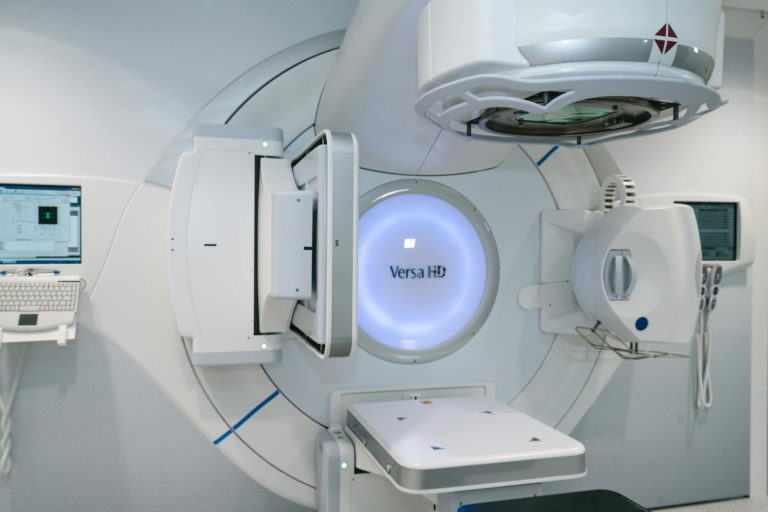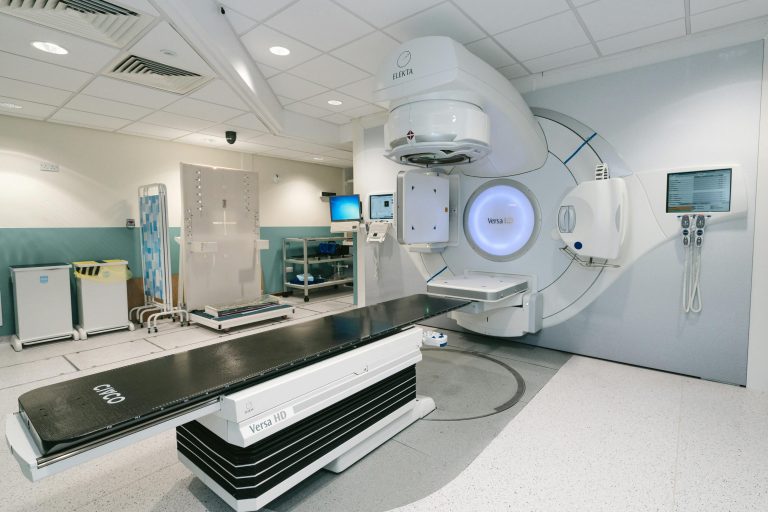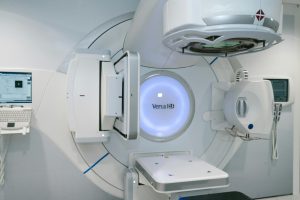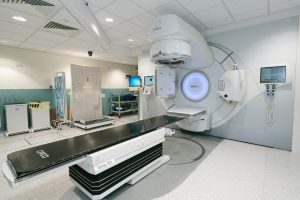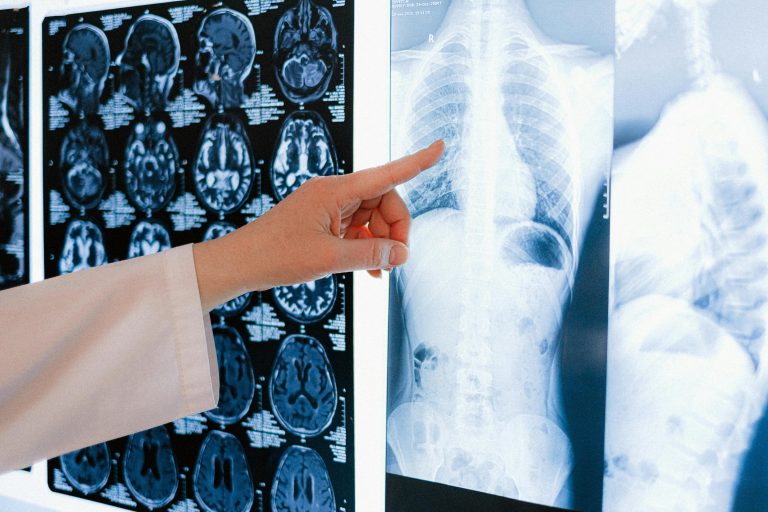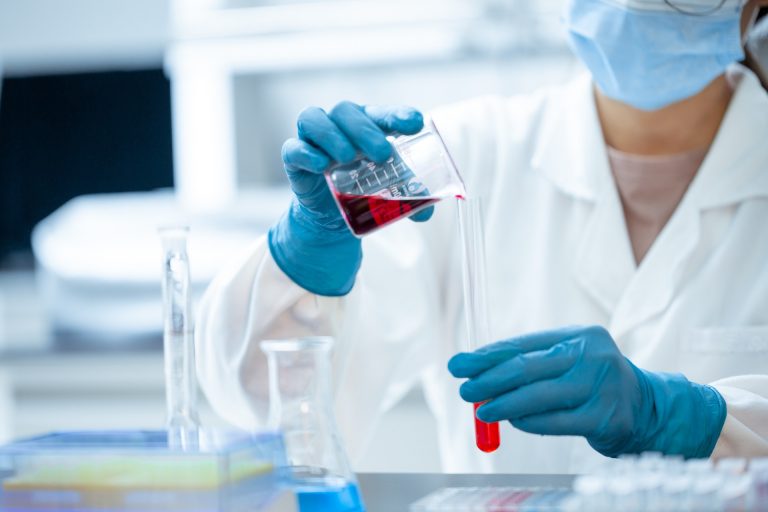A hospital’s Biomedical Engineering (BME) department plays a critical role in ensuring that medical equipment and technologies function effectively and safely. This department integrates engineering principles with medical and biological sciences to develop, manage, and maintain equipment that supports patient care and enhances healthcare delivery. Below is an overview of the key functions and responsibilities of a Biomedical Engineering department in a hospital setting:
Key Functions and Responsibilities
Equipment Management and Maintenance
- Inventory Control: Keeping a detailed inventory of all medical devices, including their specifications, usage, and maintenance history.
- Preventive Maintenance: Regularly scheduled maintenance ensures that equipment is functioning correctly and prevents unexpected failures.
- Repairs: Diagnosing and fixing any issues with medical devices promptly to minimise downtime.
- Calibration: Ensuring that medical devices are calibrated correctly to maintain accuracy and reliability.
Safety and Compliance
- Regulatory Compliance: Ensuring that all medical devices comply with local, national, and international regulations and standards, such as those set by the FDA, CE, or other regulatory bodies.
- Safety Checks: Conducting routine safety checks to ensure that equipment does not pose any risk to patients or healthcare providers.
- Documentation: Maintaining detailed records of maintenance, repairs, and inspections to comply with regulatory requirements and internal policies.
Technology Assessment and Integration
- Evaluation of New Technologies: Assessing new medical technologies and devices for potential acquisition and integration into the hospital’s healthcare delivery systems.
- Installation: Overseeing the installation and initial setup of new medical equipment.
- Training: Providing training for healthcare staff on the proper use and maintenance of medical devices.
Support for Clinical Operations
- Collaboration with Clinical Staff: Working closely with doctors, nurses, and other healthcare professionals to understand their needs and ensure that the medical devices support clinical practices effectively.
- Troubleshooting: Offering technical support and troubleshooting assistance to clinical staff to resolve issues with medical devices.
- Customization: Modifying or customizing medical devices to better meet the specific needs of the hospital or individual departments.
Key Areas of Focus
Diagnostic Equipment
- Imaging Devices: Maintenance and calibration of equipment such as MRI machines, CT scanners, X-ray machines, and ultrasound devices.
- Laboratory Instruments: Ensuring the proper functioning of laboratory analyzers, blood gas machines, and other diagnostic instruments.
Therapeutic Equipment
- Life Support Systems: Managing equipment like ventilators, infusion pumps, and dialysis machines.
- Surgical Instruments: Maintenance of surgical robots, lasers, and other devices used in the operating room.
Monitoring Equipment
- Patient Monitoring Systems: Ensuring the accuracy and reliability of monitors that track vital signs, including ECG machines, pulse oximeters, and blood pressure monitors.
- Wearable Devices: Maintenance of wearable health monitoring devices that patients may use within the hospital or at home.
Emerging Trends in Biomedical Engineering
Medical Device Connectivity
- Integration with Electronic Health Records (EHR): Ensuring that medical devices can seamlessly connect and communicate with EHR systems to provide real-time data and enhance patient care.
- Telemedicine: Supporting the deployment and maintenance of telemedicine equipment to facilitate remote consultations and monitoring.
Advanced Technologies
- Artificial Intelligence (AI): Incorporating AI and machine learning algorithms into diagnostic and therapeutic devices to improve accuracy and efficiency.
- 3D Printing: Utilizing 3D printing technology for creating custom prosthetics, implants, and surgical guides.
Robotics and Automation
- Robotic Surgery: Managing and maintaining robotic systems used in minimally invasive surgeries.
- Automated Systems: Implementing and overseeing automated systems for medication dispensing and laboratory analysis.
The Biomedical Engineering department in a hospital is essential for the optimal functioning of medical devices and technologies that are critical to patient care. The BME department helps healthcare providers deliver high-quality care and enhances overall healthcare outcomes by ensuring the reliability, safety, and effectiveness of medical equipment. The department’s work involves a combination of technical expertise, regulatory knowledge, and close collaboration with clinical staff, making it a cornerstone of modern hospital operations.


